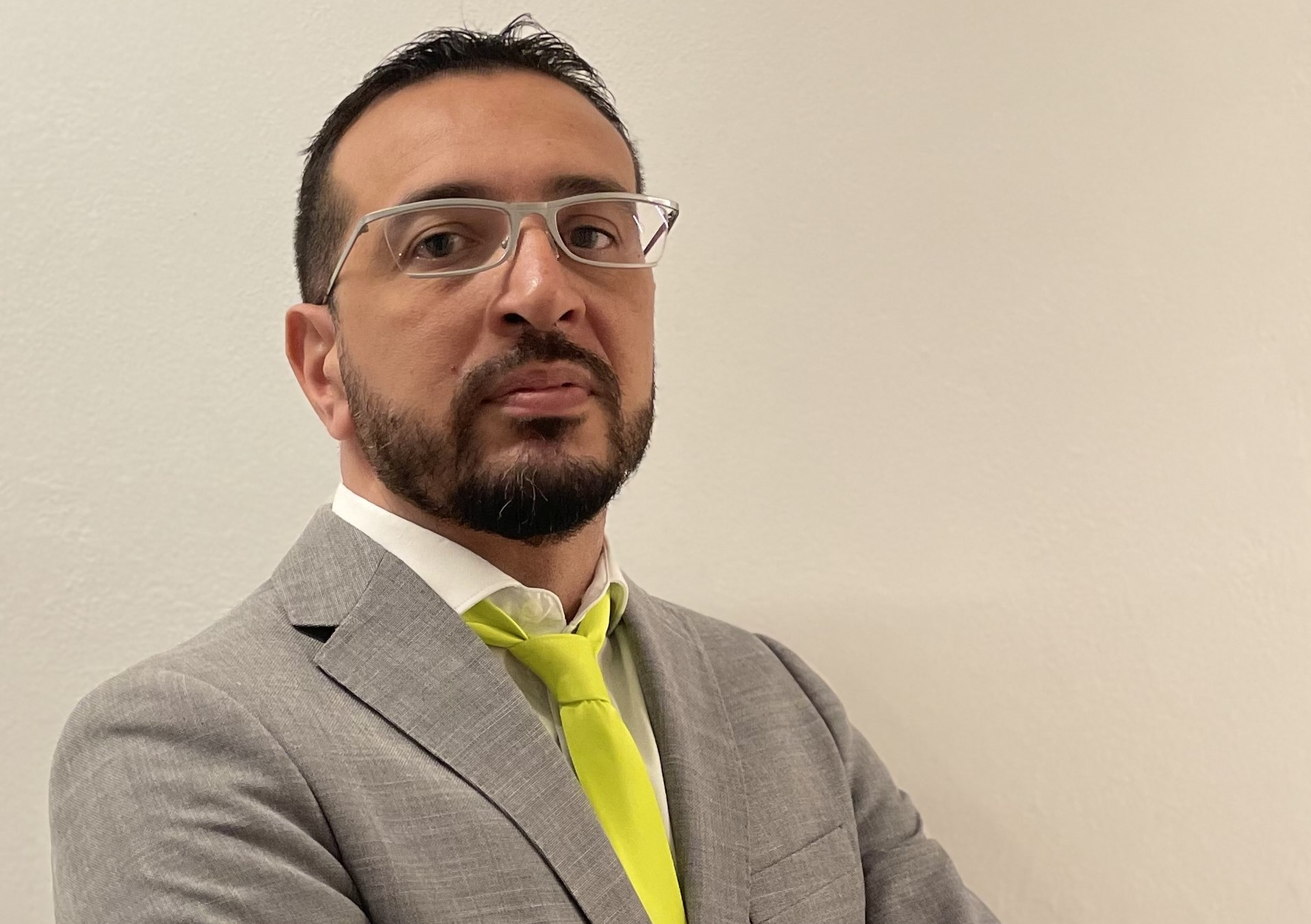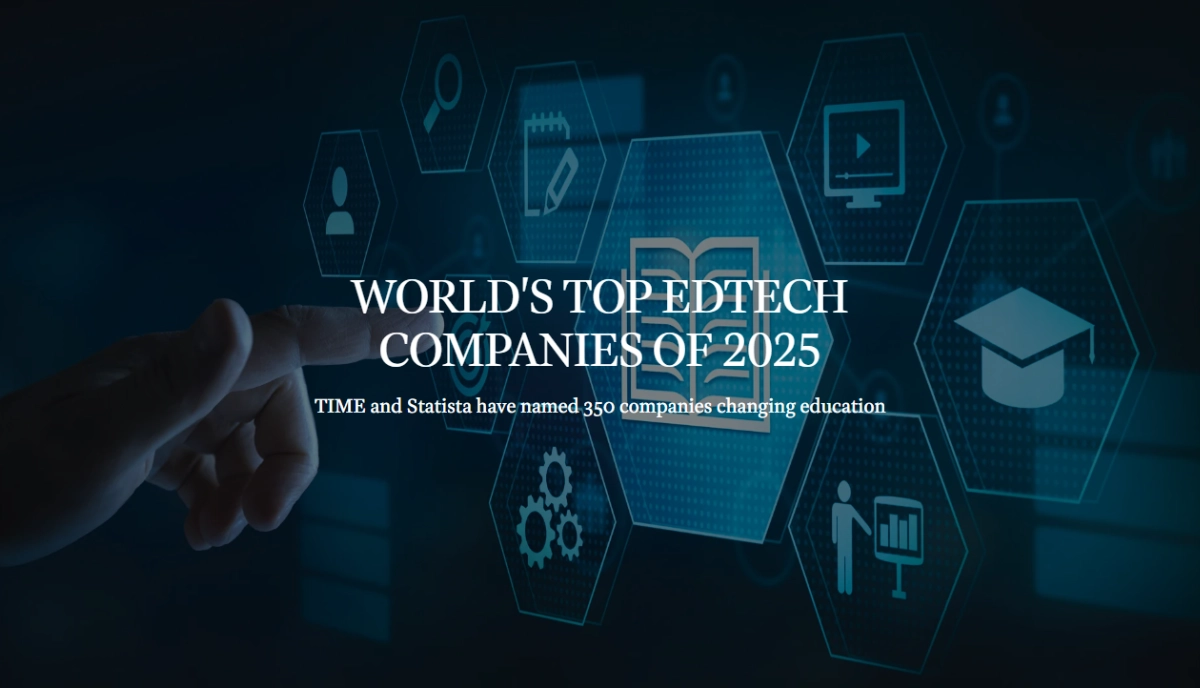Colisée: where the focus is on the individual.
With Cyber Guru, health data is safe.
Colisée Italia tells how Cyber Guru’s training method has played a key role in the interest and commitment of staff towards cyber security.

When dealing with the Health Data Management, particular attention must be paid to the issue of cybersecurity. Colisée Italia, a branch of the French multinational Colisée, a leading player in the elderly care sector in Europe with over 32,000 beds in France, Spain, Belgium, China, and Italy, knows this well.
The Group, which is committed to a vision of elderly care based on listening and respect for everyone, encourages a person-centered approach to provide a response to the challenge of aging in all its complexity.
This approach is based on three fundamental pillars:
quality of life for the elderly,
quality of life for the teams,
and reduction of environmental impact.
Colisée Italia now has 17 facilities and offers a complete and complementary range of services: Nursing Homes, Integrated Day Centers, Alzheimer’s Units, Intermediate Care, Behavioral Disorders Unit, Protected Unit, and Psychiatric Protected Residence.
Currently, the structures in the peninsula, built according to architectural standards of safety and sustainability, safety and sustainability,are mainly widespread in the Center-North (Lombardy, Piedmont, Liguria, and Tuscany) and are places where guests can socialize, discover new activities, and enjoy specific services such as, for example, a varied and quality cuisine adapted to every nutritional need.
Colisée’s goal soon is to increase the spread of its services throughout the country, bringing its philosophy based on attention to the person to all Italian regions.
In Colisée there is a comfortable environment, designed to take care of its guests’ also thanks to the presence of specialized medical and nursing staff prepared to intervene in any eventuality.

The Colisée Italia Group has chosen Cyber Guru as its reference platform.
Fabrizio Alampi, IT manager, tells us how things are going.
“I joined the group in October 2021,” says Fabrizio Alampi, IT manager at Colisée Italia. “As a first step, I had the facility directors undergo a phishing test: the result was that about half of them fell into the trap and clicked on the malicious link. I then realized that it would be necessary to coordinate a multidisciplinary approach to address the threat, and in a short time, I secured the perimeter through meetings with the facility directors, strengthening the technological security barrier, and choosing Cyber Guru as a partner for light, effective, and targeted training.”
According to Alampi, Cyber Guru‘s training method played a key role in the staff’s interest and commitment to cybersecurity, offering short and engaging modules. Gamification helped make the training path fun and stimulating, leading to tangible results: an increase in employees’ attention to security and a greater readiness to ask for support in case of doubts.
The IT manager knows well that in a company, despite having an excellent technological security barrier and having activated cyber insurance, the human factor remains the most delicate element to manage.
“The attack methodology by a hacker is very different depending on the target. It’s one thing to attack a server and another to target people, working on their flanks with social engineering techniques and, if the latter do not have adequate digital posture, easily lure them into the trap.
For those like us who manage health data, the consequences of an attack can be very serious, both in terms of personal security perception, image and reputation damage, and economic impact – concludes Alampi. – I can say that Cyber Guru has completely bridged the gap between the user and the machine, which puts us in a condition of greater tranquility and allows us to dedicate ourselves with more attention and energy to our work and our mission.”
In short, the integrated approach to cybersecurity has led to a greater awareness and readiness of the Colisée Italia team, reducing the risk of cyber-attacks and protecting the security of sensitive data of the guests in the facilities.






